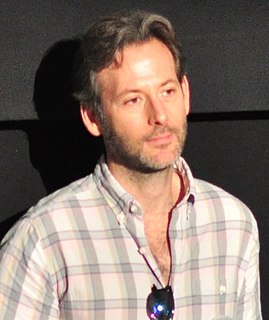A Quote by Chellie Pingree
Like many older D.C. organizations, Common Cause has had to come a long way both in its use of the Internet and its understanding of the great value of engaging people in a broader online dialogue.
Related Quotes
You know, this dialogue is only helpful when we come, both of us, to a point where we realize that no dialogue is possible, that no dialogue is necessary. When I say understanding or seeing, they mean something different to me. Understanding is a state of being where the question isn't there any more. There is nothing there that says, "Now I understand!" That's the basic difficulty between us. By understanding what I am saying, you are not going to get anywhere.
Some people say that it's so hard with the Internet, but I know for a fact that the Internet has made it easier for someone to establish themselves. There's so much you can do online. If you know how to use it right, the web serves as the great equalizer for someone that's just getting into business.
I use many different gadgets connected with computers; I use PCs, laptops and a Palm Pilot. I also use the Internet to visit websites, especially within Polish-language Internet. I usually go to political discussion groups and sites - of course, as I use my real name, people never believe that they are chatting with me!
The current state of music journalism is not bad, but it's not great at all. Some of the hip-hop stuff people get into is exciting, because there's a passion and there's something to explain to a more mainstream audience, so you get these passionate writers who want to express their love for rap and hip-hop, which is cool. But there are too many magazines, and the access has been diminished, so the quality of profiles has gone way down. Internet stuff can be really good, though. I like the dialogue between fans on the Internet. I think that's the best rock writing that's going on right now.
I am not a great believer in dialectical struggle. I am much more of a fusion person. I see it as a dialogue, or trialogue, or polylogue: many, many, many voices, going back a long way. The cultural picture is much more mutually enriching at many different levels, manufacturers...absolutely, design and calligraphy. It's an amazing amount of cross-interests between people.
































